Mr Ramaphosa managed to push through a joint statement from the summit, which addressed challenges such as the climate crisis, despite opposition and a boycott from the US. Speaking at the closing ceremony, he said the statement showed that “the common goals of world leaders outweighed their differences”.
US President Donald Trump had previously boycotted the summit, which took place on November 22 and 23, accusing the host country's government of "oppressing white minorities".
Mr Trump also rejected South Africa's agenda of helping developing countries transition to clean energy, cut their massive debts and adapt to disasters caused by climate change.

But Mr Ramaphosa won the support of all the leaders present, with the exception of Argentina. This was the first G20 summit in Africa and the joint statement used language long disliked by the US administration.
The document highlights the severity of climate change and the need for adaptation, praises ambitious renewable energy targets and condemns the huge debt servicing costs facing poor countries.
The G20 summit comes amid heightened geopolitical tensions and after inconclusive climate talks at COP30 in Brazil, in which major oil-producing and oil-consuming nations blocked any mention of fossil fuels in the final statement.
Brazilian President Luiz Inacio Lula da Silva said on Sunday that both the G20 and COP30 summits showed that multilateralism is still very strong.
German Chancellor Friedrich Merz said the fact that the US was only mentioned in passing at the summit showed that it played only a minor role in the context of new relationships being formed and reorganized. "The absence of the US government was not a wise decision. But it is something the US government must decide for itself," he said.
Source: https://congluan.vn/nam-phi-hoi-nghi-thuong-dinh-g20-la-thang-loi-cua-chu-nghia-da-phuong-10318973.html




![[Photo] Next to the "mountain of trash" after the flood, Tuy Hoa residents strive to rebuild their lives](/_next/image?url=https%3A%2F%2Fvphoto.vietnam.vn%2Fthumb%2F1200x675%2Fvietnam%2Fresource%2FIMAGE%2F2025%2F11%2F24%2F1763951389752_image-1-jpg.webp&w=3840&q=75)



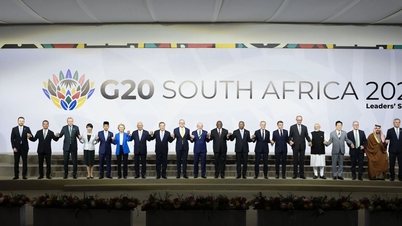

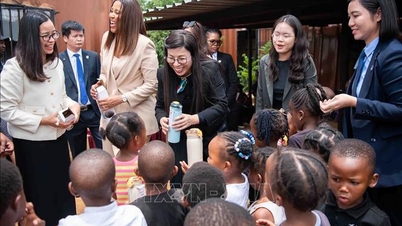
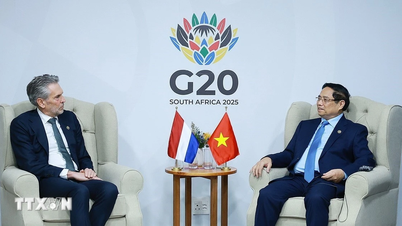

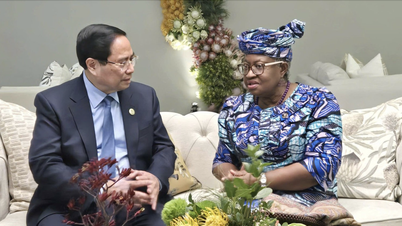

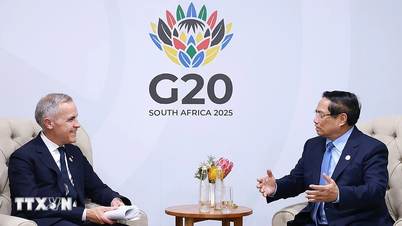
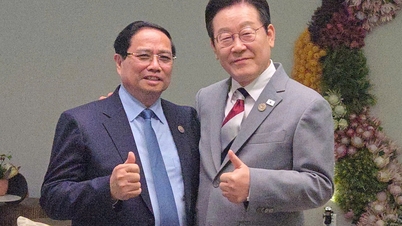

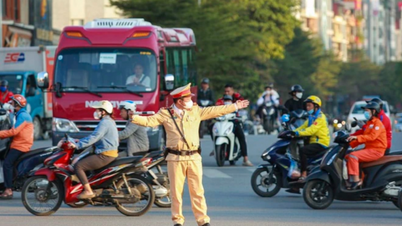

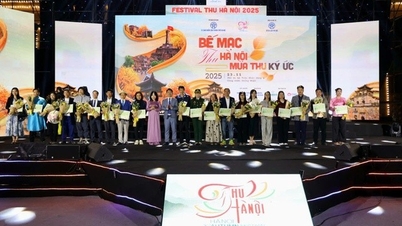

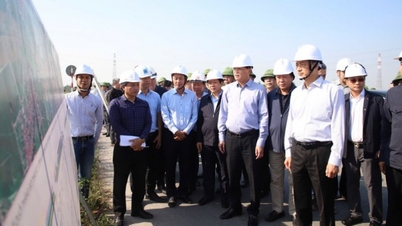
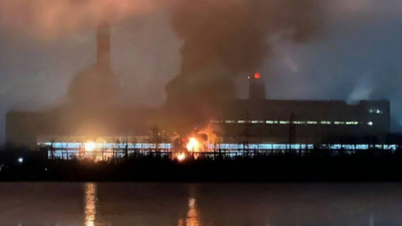
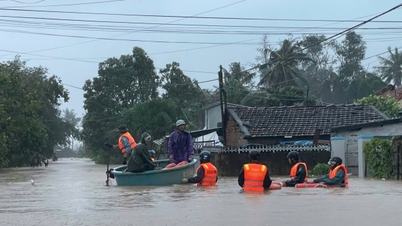




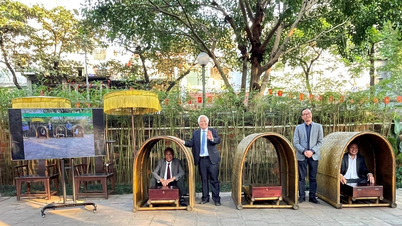
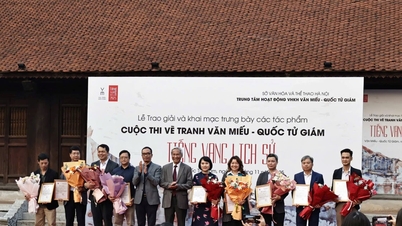
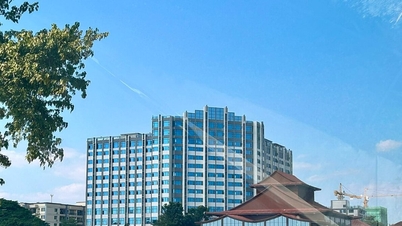
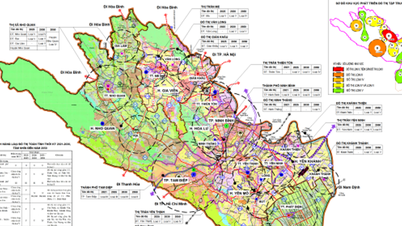

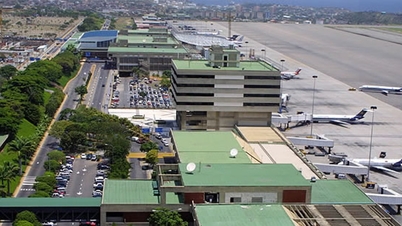



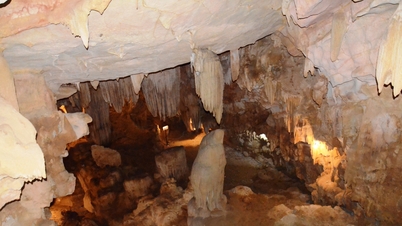
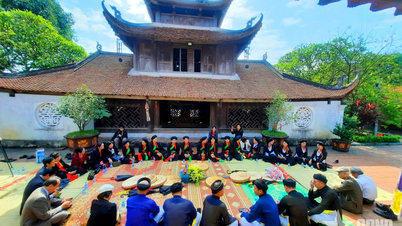

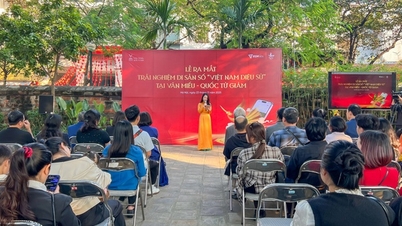

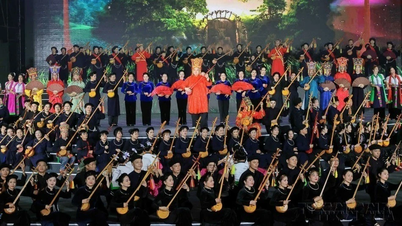






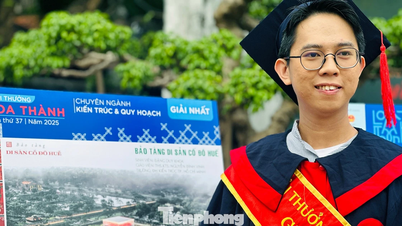

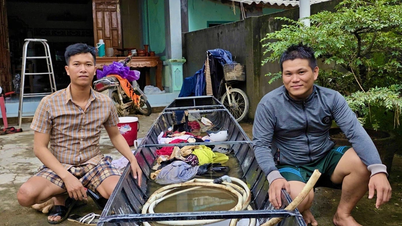



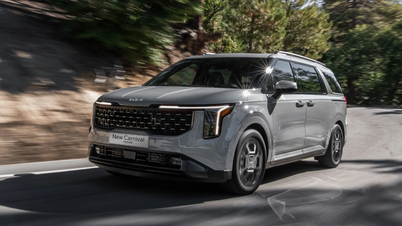
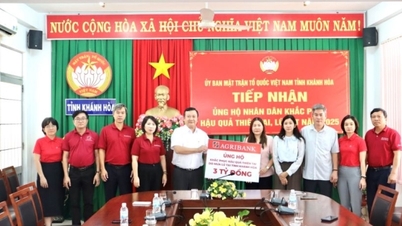











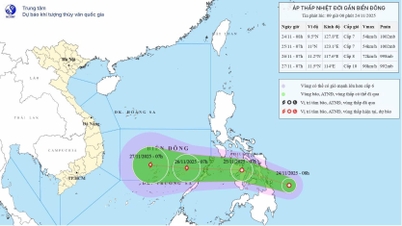
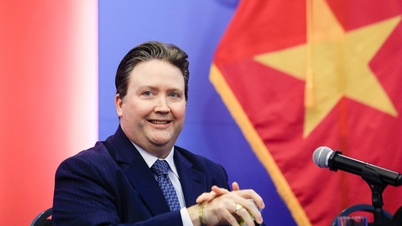


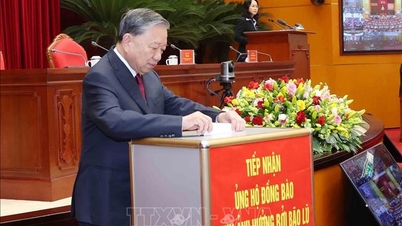
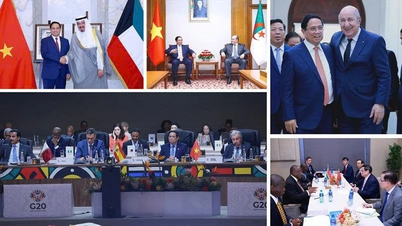

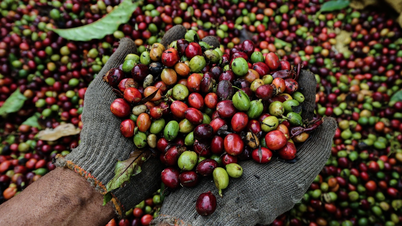


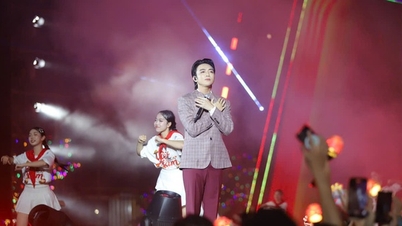
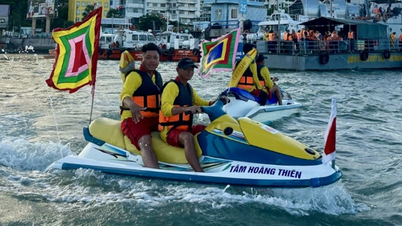
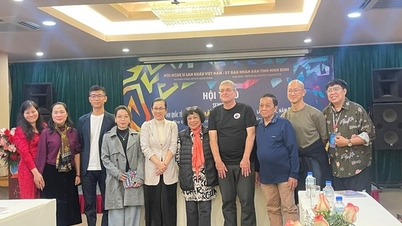
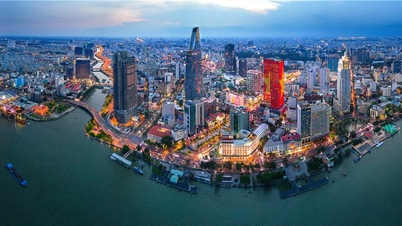
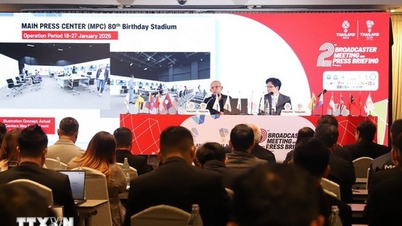




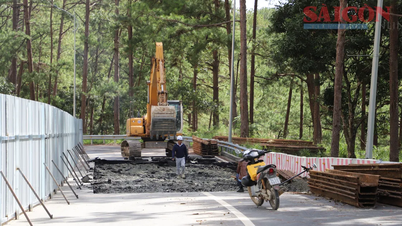


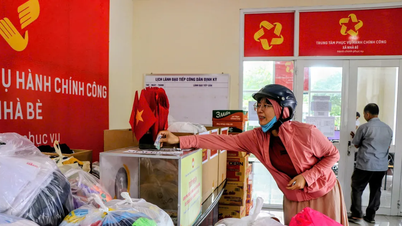
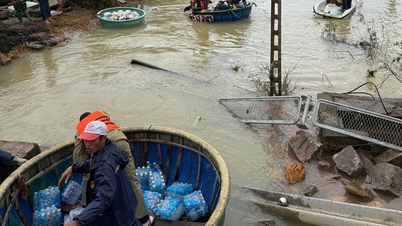














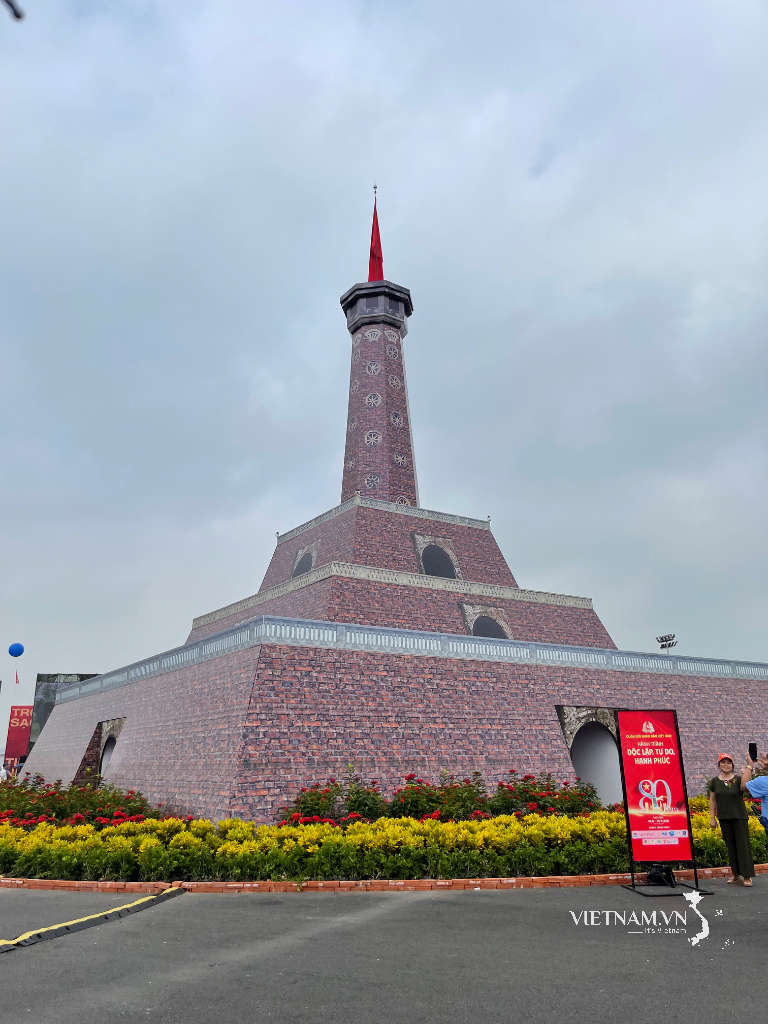
Comment (0)